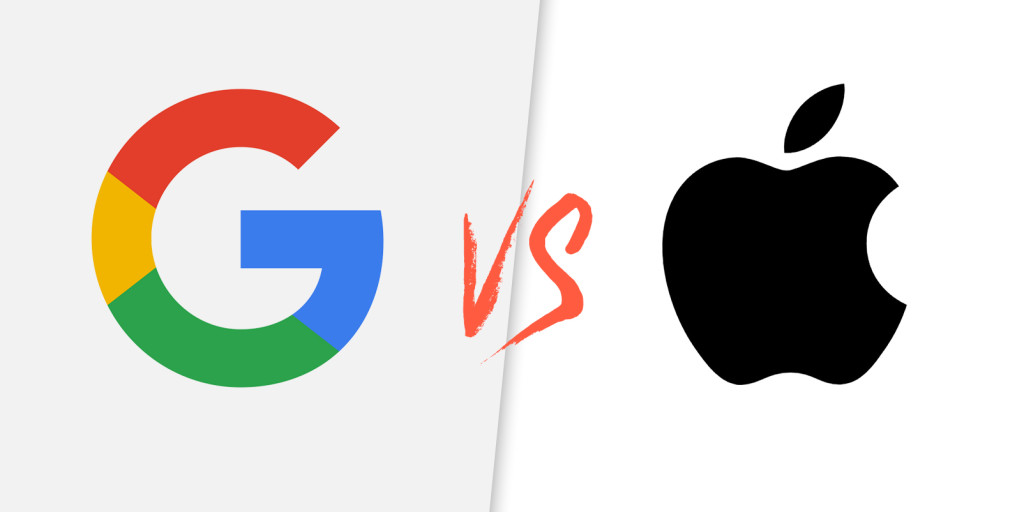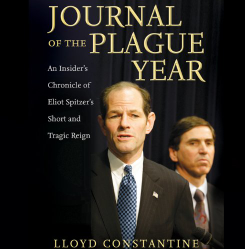The trade press headline read “Apple Pay . . . Tramples Google Pay and Samsung Pay.” But the story was ignored in mainstream press such as the New York Times. There the headline was “This Man May Be Big Tech’s Biggest Threat.”

David Cicilline

Elizabeth Warren
The report was about Representative David Cicilline (Chair House Antitrust, a subcommittee of Judiciary) and yet another antitrust investigation of the Big Four – Apple, Amazon, Facebook and Google. Here Cicilline, a fifth term Democrat from Rhode Island, finds himself in agreement with Elizabeth Warren, who has pledged to break each of those four into parts and also amend the antitrust laws. New “stronger” laws would purportedly authorize such surgery on corporate behemoths and arm government antitrust enforcers with weapons to prevent new monopolistic giants from forming in the first place. But Senator Warren and Representative Cicilline are also seemingly in rare agreement with Republicans about the power of the Big Four. Both the Trump Antitrust Division and Federal Trade Commission are investigating their alleged stifling of competition. And lengthy document demands to these four companies were issued by Cicilline’s Antitrust Subcommittee and signed by Jerry Nadler, Doug Collins and Jim Sensenbrenner – three gentlemen who disagree about most things and this week very heatedly about impeachment. And it is not as if antitrust is generally and otherwise a rare island of consensus. This week ten Democratic state attorneys general went to trial seeking to block the Sprint/T-Mobile merger that the Trump Federal Communications Commission and Antitrust Division essentially blessed.
So what about this Big Tech atoll of antitrust consensus and the inconvenient and ignored facts about how these companies actually try to dismember each other while the government talks about breaking them up? “Well” (the Boomer analog to the Millennial “So”) HL has previously commented that the renewed emphasis on antitrust is cause for hope but also for caution.

Lina Khan

Robert Bork
And caution is especially in order when the renewed antitrust emphasis almost exclusively focuses on these four American champions, without clearly explaining how they have or threaten to injure competition. As contrasted with injuring competitors – as Apple and Google are constantly trying to do to each other in battles such as iOS v. Android. Or as Microsoft and Apple famously did in Windows v. Mac OS. None of the current antitrust probes have explained why competition and the welfare of consumers[1] will increase if these four and others like them are lobotomized. Others like them, and indeed seemingly then bigger and more dominant, would include Microsoft twenty years ago. Then, according to the feds and states Microsoft had to be broken up lest it leverage its dominance in computer operating systems into dominance in adjacent markets and eventually most everything else. That projection was very similar to the current predictions about Amazon.
Back then, two of the adjacent markets that Bill Gates was definitely gonna dominate were internet services with MSN and web browsing with Bing. HL was among an army of lawyers representing competitors in those markets that besieged federal and state antitrust enforcers for HELP! Despite Microsoft’s then operating system dominance and size and all the money in the world, MSN and Bing never attained significant market share let alone dominance.

Bill Gates & Steve Jobs
There were lots of reasons for those failures but the main one involves how ferociously other tech companies battled Microsoft in innovation, price, and product quality. Back then little Apple renewed its “go it alone” vision, behind the rehired CEO Steve Jobs and eventually passed Microsoft in size and profitability.
Another famous competitive battle among the Big Four pitted Apple’s iBooks against Amazon’s Kindle. Amazon won that one with tremendous help from the Obama Antitrust Division and many state attorneys general.
These two well-healed and well-counseled companies should have been left to fight their antitrust war themselves. Amazon fought Apple on the shared assumption that e-Books were the wave of the future. Both companies were wrong, as paper made a strong comeback. Markets and consumer choice are smarter and more powerful than government and corporate prognosticators.
 Today Apple is battling Google as well as Samsung for market share in the huge and rapidly expanding digital payments market. Though Apple entered this market well after its competitors, its Apple Pay is kicking the feces out of Google Pay, Samsung Pay and even former market leader PayPal. By doing what Apple has done so well – avoiding most price competition while emphasizing quality, styling and coolness.
Today Apple is battling Google as well as Samsung for market share in the huge and rapidly expanding digital payments market. Though Apple entered this market well after its competitors, its Apple Pay is kicking the feces out of Google Pay, Samsung Pay and even former market leader PayPal. By doing what Apple has done so well – avoiding most price competition while emphasizing quality, styling and coolness.
Would we be better off if the part of Apple that makes those cool iPhones and Apple Watches was divorced from the part that produces the Apple Pay digital wallet, that works so beautifully with Apple hardware? HL doesn’t think so. But maybe Google does and its business model like Microsoft’s welcomes interoperability. Using that model, Google has to date not been able to convince consumers that Google Pay is cool or works that well with its Android devices. But that difference of opinion between Apple and Google is the point and goal of competition.



0 Comments